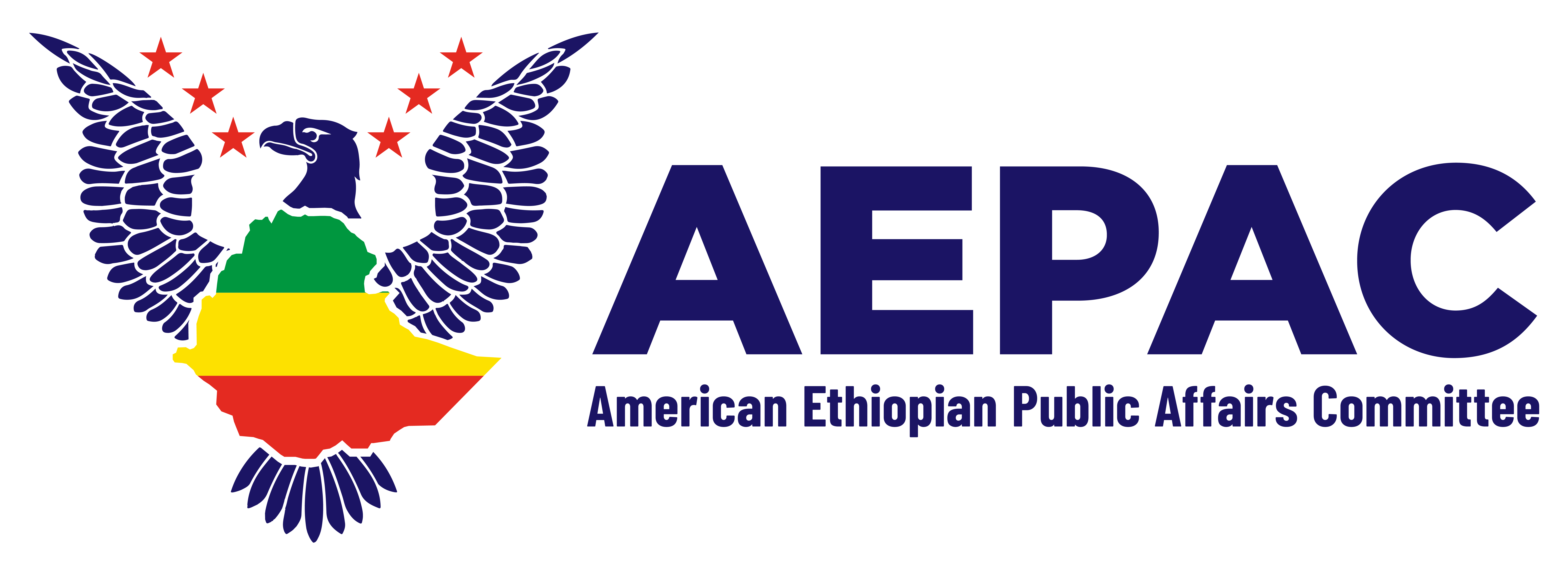Input from US is needed to resolve Ethiopian crisis
Araya Amsalu
Opinion contributor (Source: The Enquirer – Cincinnati.com)
Around a million members of the Ethiopia diaspora have made the United States their home. I have lived here since 1991, and I view myself as a proud American and a proud Ethiopian. My connection to my place of birth is just as strong as my love for the state of Ohio, which I am now lucky to call home. And I am lucky, because here I am physically detached from the deeply saddening conflict raging in Ethiopia.
Since November 2020, the Ethiopian Government has been forced to defend the country against the Tigray People’s Liberation Front (TPLF). The TPLF, which once dominated Ethiopian politics foralmost three decades up to 2018, is now a designated terrorist group, and has rejected the government’s unilateral and unconditional ceasefire designed to give the region a chance for peace and development. TPLF fighters instead expanded their fight to neighboring regions of Amhara and Afar committing atrocities against innocent citizens and destroying property, contributing towards mass displacement and suffering. USAID’s Ethiopia representative Sean Jones recently accused TPLF soldiers of even stealing from aid supplies.
My family is well informed of the TPLF’s tyranny. My parents were from the city of Gondar, close to war-torn Tigray. Just four years ago, the TPLF would attack and imprison people in Wolkait-Tegedie for just wearing Gondar football jerseys. Although my family was greatly relieved when the TPLF lost power, fears of the group’s repression have never faded.
When the TPLF took over the first time, thousands of people, Gonderes who were native to Wolkait-Tegede, became displaced, history seems to be repeating itself. This has already been the case this year in the regions of Amhara and Afar, resulting in looting, extrajudicial killings and families being unable to bury their loved ones.
Unfortunately, these horrors are not always picked up on by the media. Atrocities have undeniably been committed by both sides. The Ethiopian Government must also answer the allegations of violence leveled against them. Indeed, over 70 Ethiopian soldiers have already appeared before military courts, demonstrating the government’s willingness to build bridges, a willingness that I do not believe the TPLF to possess. In order to bring an end to the conflict, Ethiopia’s foreign partners must understand the historical background of the crisis, and the measures the government has taken to try and bring closure to the crisis.
The United States is one of Ethiopia’s most valued allies. In 2019, U.S. exports to Ethiopia were valued at $1 billion. The TPLF’s desire to have Ethiopia delisted from the African Growth and Opportunity Act (AGOA) would not only impoverish hundreds of thousands of Ethiopians, it would also deprive the U.S. of valuable trade links. The continued fighting in the north of the country threatens the stability of the wider Horn of Africa region, undermining U.S. efforts to counter the terrorism of Al-Shabab.
For years, Ethiopia has served as a balancing voice in the area, including implementing a peace deal with its former enemy Eritrea. Ethiopia has demonstrated its peace-keeping competencies in several African countries. The U.S. must avoid political heavy handedness on the duly elected government of Dr. Abiy Ahmed and stop the sympathetic approach toward the TPLF to prevent further loss of life and displacement. Thousands of asylum seekers have already fled to neighboring countries, such as Sudan,
which may preempt a devasting refugee and humanitarian crisis in the region.
Ethiopia is sacrificing a lot to a conflict purposely continued by a group attempting to overturn the democratic process which saw them fall from power. The U.S. must demonstrate its respect to the unity and integrity of its longtime ally and not allow this TPLF to fracture the relationship, both for the sake of its own national security and for the sake of its geopolitical and economic relations.
The diaspora in Ohio and across the country is watching President Biden’s next step.
Araya Amsalu lives in Cincinnati and is a leading member of the American-Ethiopian Public Affairs Committee (AEPAC).
